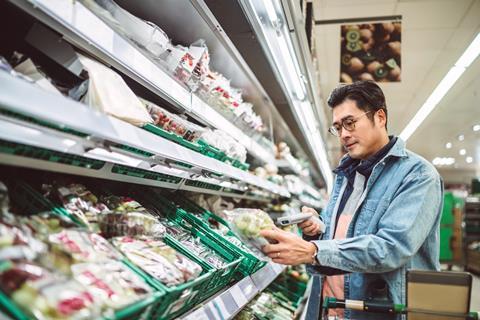
Top story
Grocery sales growth slowed in July as poor weather and persistent inflation hit volumes.
According to the latest grocery market share figures from NIQ, total till sales at UK supermarkets slowed to 7.2% in the four weeks ending 12 August – which is the lowest figure since January.
According to NIQ, this drop in sales is due to lower inflation as well as unsettled, unseasonable weather over the summer months, with shoppers visiting stores fewer times in the last four weeks compared to the same period last year.
Shoppers’ caution was seen in volume sales at the grocery multiples weakening to –3.8% compared to –3.6% in July.
In terms of individual retailers, Aldi and Lidl remain the fastest-growing supermarkets in the 12 weeks to 13 August, up 22.2% and 16.5% respectively.
Among the mults, Tesco was up 9.7%, Sainsbury’s up 9.2% and Asda up 7.5%.
Morrisons was up 1.7% in the period, with Co-op up 2% and Waitrose up 2.9%. M&S was up 11.5% in the 12 weeks.
Retailers further increased spend on promotional activity (23%) compared to the previous month (22.5%) on all fmcg goods in a bid to ease the effects of the cost of living crisis and encourage spending.
There have also been targeted price cuts by most retailers and loyalty cards used to assist with savings as inflation starts to slow.
Mike Watkins, NIQ’s UK head of retailer and business insight, said: “Recent weeks have seen a decline in supermarket volumes, likely influenced by factors such as summer holidays and unpredictable weather. The rising cost of living also continues to deter people from dining out, with 53% of consumers attributing this decision to increased prices for eating and drinking out. The inclement weather has similarly affected non-food retail, as indicated by the recent BRC KPMG retail sales monitor. It’s evident that encouraging consumer spending has become an industry challenge, extending beyond just grocery shopping.
“Despite lower inflation, most consumers remain pessimistic about their financial situation in the coming three months, with 60% anticipating that they will be severely or moderately impacted by rising living costs. With the added concerns of increasing mortgage and rental expenses for many households, it appears that a shift in sentiment may be some time off and as a result, while total till growth will continue to decelerate as inflation eases, it will still be difficult for retailers and manufacturers to drive fmcg volume growths.”
Morning update
On another quiet morning on the markets, specialist retailer Cake Box has issued a trading statement ahead of its AGM later this morning.
It said the positive trading momentum from the second half of the previous year has continued in the 17 weeks to 30 July.
Franchisee store like-for-like sales increased 6.8% for the first 17 weeks of the new financial year, up from 5.4% like-for-like sales growth for the first 11 weeks of the new financial year reported on 26 June.
Cake Box has continued to maintain tight cost control and taken proactive action to minimise the inflationary impacts on its input and administrative costs. There have been some improvements in input costs to the group, with fresh cream prices decreasing in the first quarter of the year.
Cake Box said it remains mindful of significant inflationary pressures that still exist for its franchisees and customers across the country, and therefore has passed on part of this cost reduction to franchisees to help strengthen their margins.
The group has also increased its investment in marketing in line with its stated plan to grow its brand awareness and expand its digital and e-commerce capabilities.
It also continues to increase its geographic presence, opening a further seven new franchise stores since the beginning of the new financial year. The Group now trades out of 212 franchise stores as of 30 July.
Cake Box said it is on track to deliver year-on-year revenue growth, in line with market expectations.
It stated: “With a strong balance sheet, underpinned by a highly cash-generative business model, the recent investment in professionalising the group’s functions and its baking and distribution facilities along with the strengthened sales and marketing functions, the group is well positioned to deliver shareholder value in the short to mid-term.”
Meanwhile, after more than five years as the non-executive chairman of Cake Box, Nilesh Sachdev has informed the board of his intention to step down at the company’s half-year results in November 2023. The board will initiate a recruitment process to appoint his successor.
Sachdev commented: “Cake Box is a fantastic business that has grown significantly since our IPO over five years ago. I am proud of what we have achieved, building a company that now has over 100 franchisees including a large number of female franchisees running their own businesses. We have a strong leadership team who I am confident will continue our growth in the years to come.”
On the markets this morning, the FTSE 100 has rebounded 0.3% to 7,281.3pts.
Risers include Nichols, up 2.9% to 1,000p, THG, up 1.9% to 87.6p and Greencore, up 1.5% to 84.3p.
Fallers include PayPoint, down 1.5% to 525p, Bakkavor, down 1.5% to 97.1p and McBride, down 1% to 38.9p.
Yesterday in the City
The FTSE 100 edged down 0.1% to close at 7,257.8pts, its seventh consecutive day of losses.
Fallers included Virgin Wines, down 6% to 39.5p, Nichols, down 5.6% to 972p, Ocado, down 3.5% to 734.4p, THG, down 3.4% to 85.9p, Hilton Food Group, down 3.1% to 654p and C&C Group, down 2.4% to 130p.
The day’s few risers included Kerry Group, up 2.6% to 84.5p, McBride, up 2% to 39.3p, WH Smith, up 1.2% to 1,397p, Finsbury Food Group, up 1.1% to 93p and Tesco, up 0.9% to 252p.







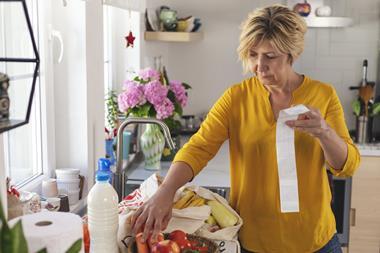


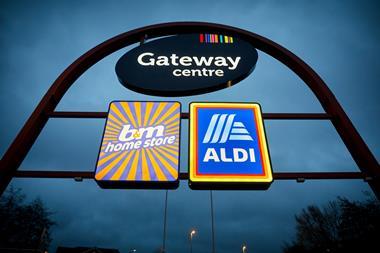

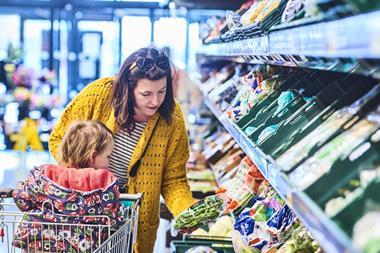
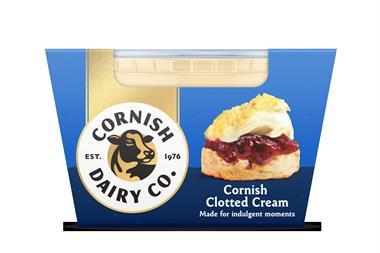
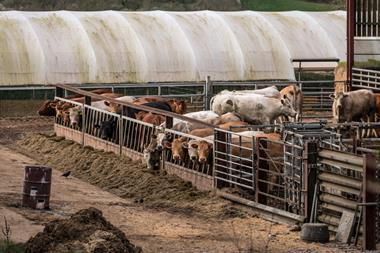
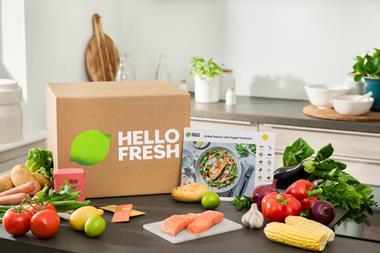
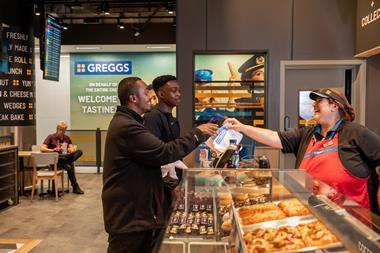

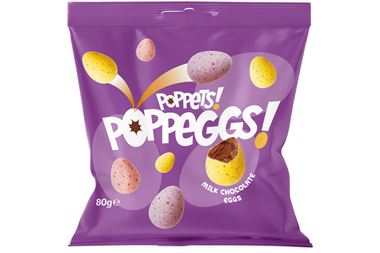
No comments yet